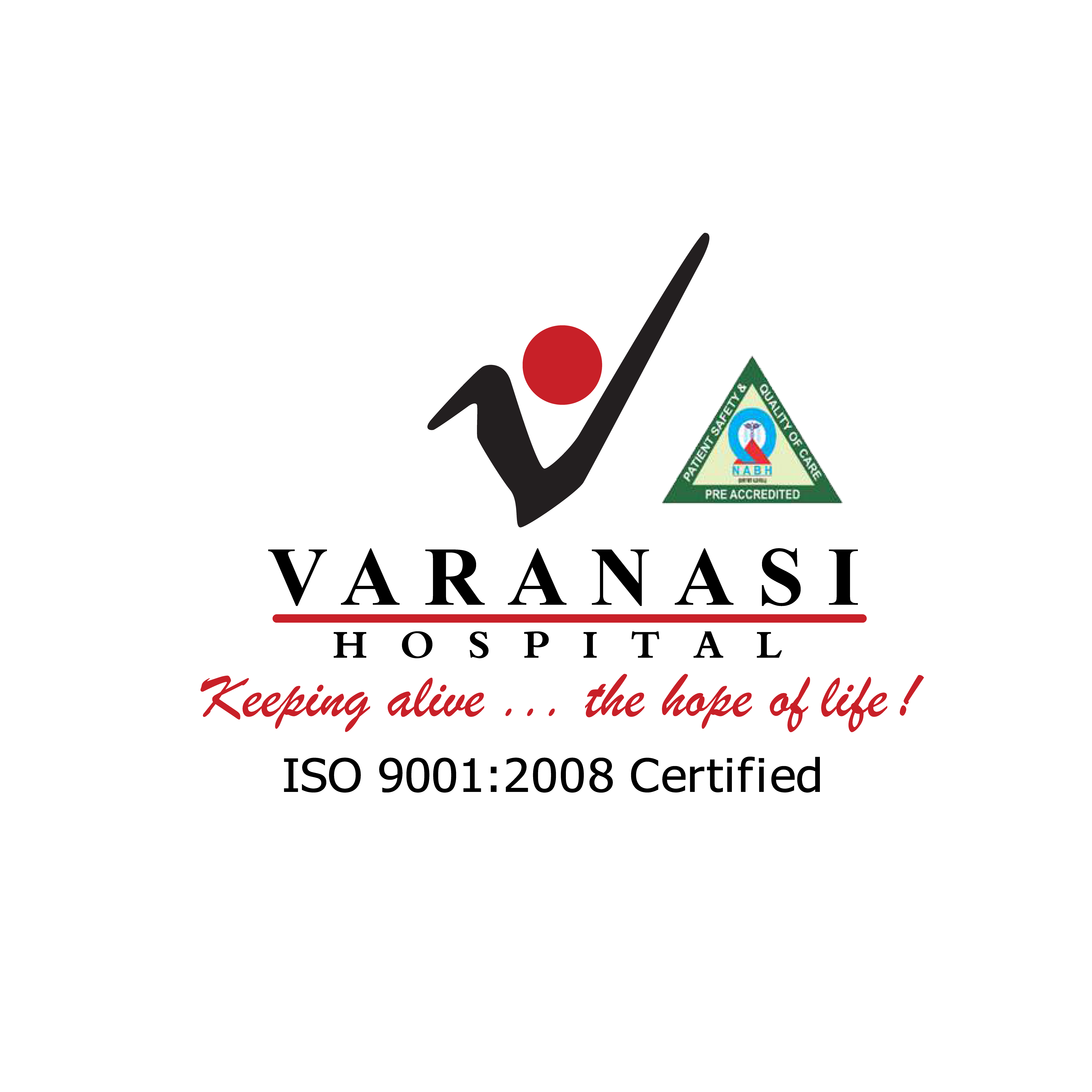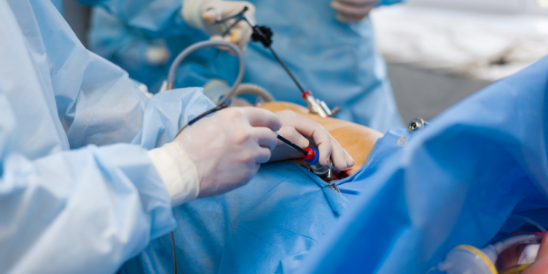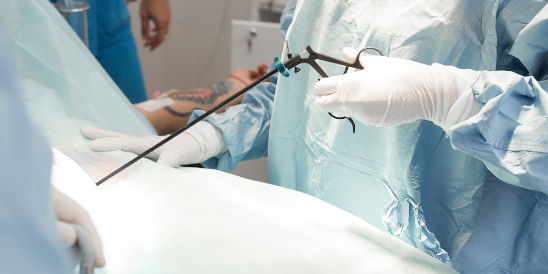Appendicitis- Introduction, Symptoms And Treatment
Varanasi Hospital, one of the best hospitals in Varanasi, offers minimally invasive appendectomy, which is a scarless and painless surgical approach to treat appendicitis. In northern India, appendicitis surgery is one of the most common surgeries people undergo. Let’s understand more about appendicitis and its treatment.
How Appendicitis Occurs?
An appendix is an organ that is located in the lower- right abdomen. It houses many good bacteria that help in digestion. However, despite being useful, it is not a crucial organ and a person can survive even without this organ and can lead a healthy life in the future after its removal.
Inflammation of the appendix is called appendicitis. When the appendix is blocked either by stool or any foreign pathogen or due to some infection, the condition of appendicitis arises. The number of bacteria within the organ multiplies and form internal pus when the appendix inflates. Sharp pain is caused by the colony of bacteria and pus around the belly button and lowers right section.
What Are The Symptoms Of Appendicitis
The preliminary symptoms of appendicitis include:
- High fever
- Abdominal swelling
- Nausea and Vomiting
- Loss of appetite
- Difficulty in passing gas
Several other symptoms might also come up. These include,
- The persistent issue of gas
- Painful cramps
- Constipation or diarrhea
- Painful urination
- Intense pain in the upper or lower abdominal cavity (or in the rectum)
It is sometimes difficult to diagnose appendicitis, but in case, 3 or more of the above-mentioned symptoms persists for more than 2-3 weeks, it is best to get it diagnosed.
Which Treatment Option Is Best For Appendicitis?
Immediate medical assistance is needed to overcome this problem once this medical condition onsets. If left untreated, the inflammation will burst eventually and spill infectious pathogens inside the abdominal cavity. This can subsequently result in another serious condition called peritonitis, a disease that causes severe inflammation of the abdominal cavity’s lining, which can prove to be fatal.
The leading doctors of the best hospitals in Varanasi recommend that the best way to cure appendicitis is appendectomy. It is the surgical removal of the appendix and only medical treatment to cure appendicitis. To avoid any associated complications, it is vital to perform this operation on time.
Advantages Of Laparoscopic Appendectomy
Traditionally, an incision was made on the right lower abdominal wall to remove the appendix. But the laparoscopic approach is employed to cure the appendix in recent years. Few small incisions of measurement 1/2 inches are made in the abdomen and the procedure is carried out through visual assistance on the monitor.
Some of the common advantages offered by it, over the traditional approach are:
- Better cosmetic result
- Quicker return to the routine schedule
- Less post-operative pain and scar
- Shorter hospital stay.
A timely cure of appendicitis is vital to avoid further complications which can prove to be deadly if neglected.





